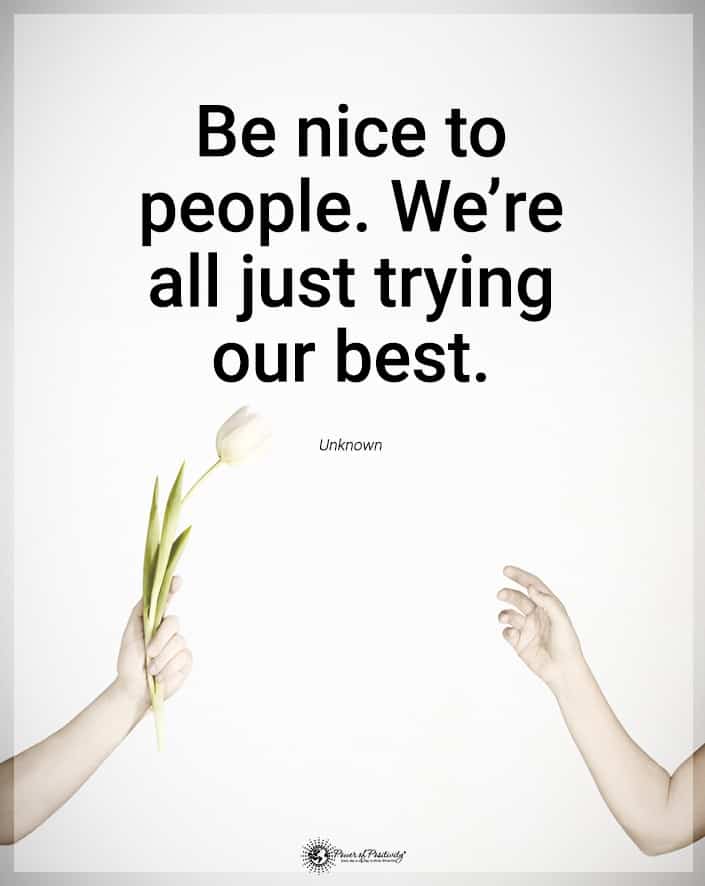Dreams about falling are terrifying, but when you learn what it means, it is a little less frightening. You wonder if you will wake up before you hit the ground or not. Not to worry, that part about dying in your sleep is not true.
Sigmund Freud was the father of psychoanalysis. He created the field of dream interpretation as a way to understand the deep workings of the mind. Freud believed that we could learn to understand unconsciousness by examining our dreams. He also believed that dreams held the key to understanding mental illness.
Dream analysis is a way to explore the ways that your mind works and how you create memories and feelings. Dreams are not usually literal in their meaning. But a memory of when you fell or a prediction of a fall. The dream about falling can represent other things that are going on in your life.
In this article, we will look at some of the standard interpretations for dreams about falling so that you can understand the meaning behind your scary dreams.
If You Have Dreams About Falling, This Is What It Means
People fear dreams of falling due to the urban myth that if you don’t wake up before you finish losing, then you will die in your sleep. Obviously, this is not true because we would have statistics on the news telling us about the latest sleep casualty numbers.
Many people dream of falling, and it is one of the most common dreams. The reason is that our bodies are sort of literally falling asleep, as you will read more about below.
Losing control
If you have dreams about falling, then this is what it means; fear of losing control, or a feeling that recently things have been out of your control is likely an explanation for a dream about falling.
Evaluate your life and finish this sentence: ‘I wish I could do more about _____.’ The situation that you name is likely the reason that you are feeling a little out of control lately and had a dream about falling.
Once the situation is resolved, you will not have the dream anymore. Search your other dreams for clues about how to resolve the problems that you are experiencing. Some people who study the brain believe that our dreams are ways for our brain to process the information that we take in during the day. Thus, they help us to solve problems creatively as we sleep.
You are in a depressed mood
It’s a hole that you’re falling into after all, right? It means your mood is lower than before when you dream about falling. Allowing yourself to drop into a lower emotional state will not make these dreams disappear.
Researchers in the journal Dreaming found that a group therapy session with a counselor who could help people interpret dreams was helpful for the self-esteem of those who participated. The study subjects went through a difficult divorce and found that the counseling helped resolve their changing self-image at a transitional point.
Needing the support of another person
No one wants to fall. But with things being out of your control, you need to ask for help to avoid falling into the hole in front of you. Ask someone you love for their assistance, and you will stop having these dreams of falling.
We are very suggestible when it comes to dream interpretation and our memories. Researchers studying the ‘malleability of memory’ found that when subjects were given ‘a highly personalized suggestion about what probably happened in their childhood’.(e.g. being harassed by a bully) before the age of 3, they were ‘more likely to increase their belief that they had the critical experience, and approximately half of these also produced concrete memory reports.’ It seems incredible that half of the people believed that they had been bullied and created their own memories of it when the researchers made up a story about what their dreams meant.
Your body glitches
Especially at the beginning of your sleep cycle, you are more likely to experience a dream of falling, sliding, or tipping, and it’s perfectly normal to jerk wide awake and then realize you are fine and drift back off to sleep again. The author had dreams as a child of mice tipping her bed and often awakened from the sensation of tipping out of bed.
Our bodies are trying to relax, which can bring on muscle twitches involuntarily deeply. This muscle twitch is what you feel your body doing, which mimics the feeling of part of your body sinking lower into the bed ‘because it probably did as your lower back muscles relaxed after being tensed all day.
You can reduce a dream about falling if your muscles are tight before lying down. Try some deep breaths, focus on tensing, relax your muscle groups and then lie down to sleep. The extra few seconds you give to relaxing your muscles should help keep you from dreaming about falling.








